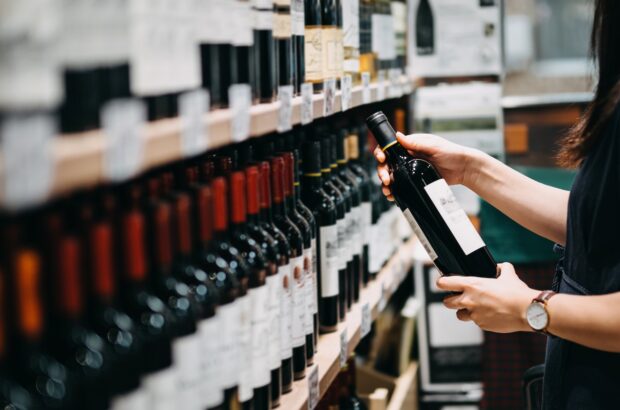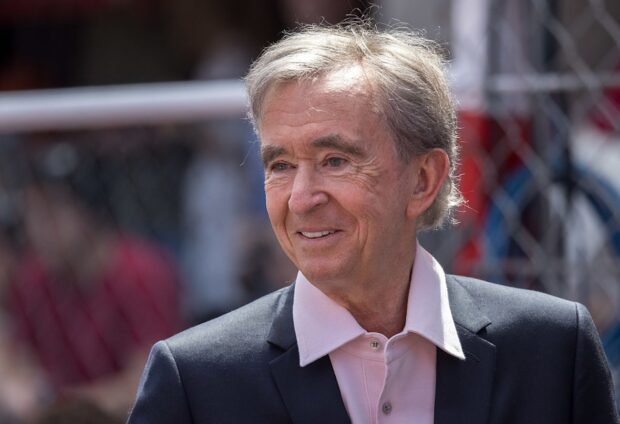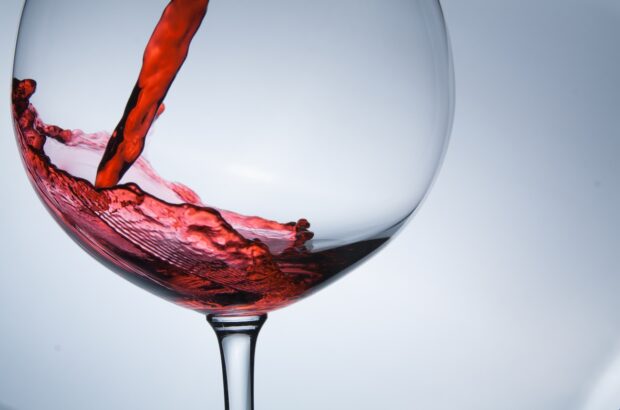Drinks companies must do more to tackle the harm their products cause, the government has said in a wide-ranging report that suggests bringing in French-style curbs on alcohol advertising.
Ban this? MPs push for UK version of Evin Law
The Commons Health Select Committee says the French Evin Law (Loi Evin), which bans promotion and sponsorship of alcohol in the media and at sporting events and is widely condemned by the French wine industry, should be studied.
Alcohol abuse in the UK causes 6,500 deaths a year and costs the National Health Service more than £3bn, the committee says.
In a review of the Coalition government’s alcohol strategy, the Committee says exisitng restrictions on TV advertising of alcohol should be applied to the cinema.
The report is outspoken in its criticism of the drinks industry’s attitude to its promotion of alcohol, suggesting it pays ‘lip service’ to the government’s Responsibility Deal on alcohol.
Committee chairman Stephen Dorrell said the Loi Evin model should ‘definitely be considered’ and the government would regulate if voluntary action was seen to be ineffective.
He said: ‘I don’t think the drinks industry are entitled to Brownie points for having engaged in the responsibility deal. It is part of the responsibility of being in a free society and as the people who are selling the product they should be interested in the fact that over 6,500 deaths and 1.1m hospital admissions are related to the consumption of their product.
‘If the industry does not bring forward more substantial proposals than this it risks being seen as paying only lip service to the need to reduce the health harms caused by alcohol,’ the report said.
‘Those involved in advertising alcoholic products should accept that their advertisements contain positive messages about their products and that these messages are supported by considerable economic power.’
If a version of the 1991 Loi Evin were to be brought in it would curtail or put an end to drinks companies’ sponsorship of events such as Wimbledon, sponsored this year by Jacob’s Creek, Formula 1, which has been sponsored for the past decade by Champagne Mumm, as well as cricket, rugby, football, and Heineken’s appointment as official lager to the London 2012 Olympics.
The MPs welcomed the government’s positive acceptance of minimum pricing, which has already been implemented in Scotland.
The report was welcomed by the Royal College of Physicians, and the British Medical Association, which said it was important to ‘break the link’ associating alcohol and sexual or sporting success.
Aspects of the report were also welcomed by alcohol education charity Drinkaware, though chairman Derek Lewis stressed the need to tackle problem drinking amongst adults, as opposed to young adults and children.
‘Drinkaware welcomes the Committee’s call for a stronger focus on tackling “increasing risk” drinking among adults and reducing the long-term health harms of binge drinking.’
Drinkaware drew attention to the ‘largely unrecognised trend’ of increasing risk drinking adults, claiming that figures from the Office for National Statistics demonstrate that working professionals in the 22-44 age group drink more heavily and more regularly than young adults.
‘Many consumers are unaware of the long-term health risks of regularly drinking above the guidelines including cancer, heart and liver disease – which has no warning signs.’
Written by Adam Lechmere







